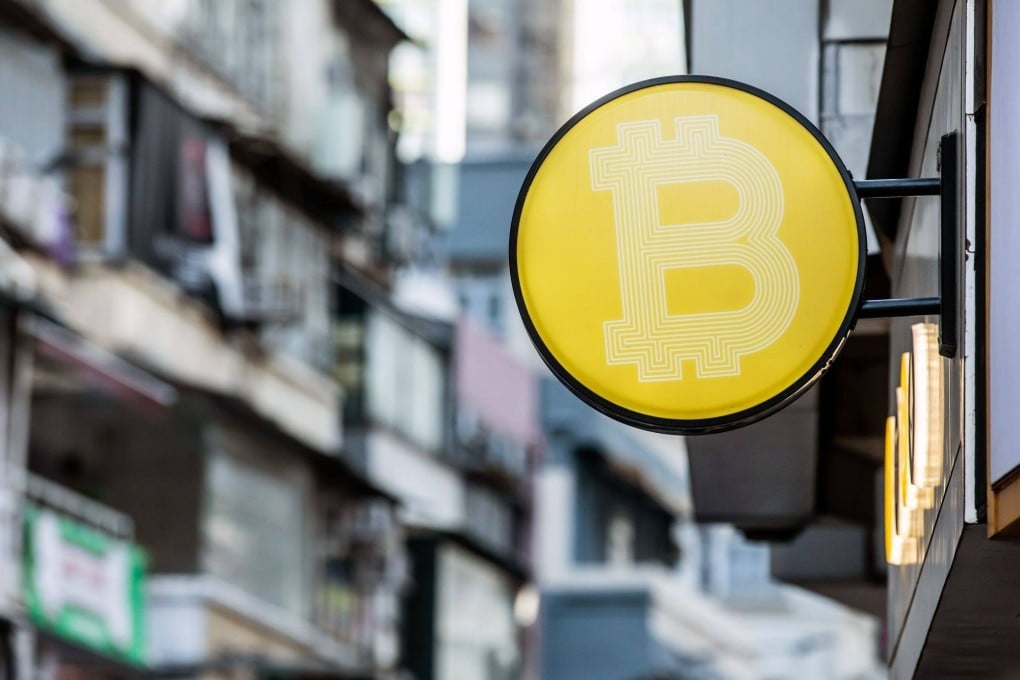Hong Kong’s first step in regulating crypto comes with high costs, but exchanges are undeterred
- Hong Kong’s new licensing requirements for crypto exchanges come with greater burdens for exchange operators, but many still want a foothold in the city
- The rules, which now allow for retail trading, came into force this month, marking the first step in Hong Kong’s bid to become a virtual asset hub

Hong Kong’s long-awaited cryptocurrency rules kicking off a new regulatory regime for virtual assets went into effect on Thursday, which experts say is placing a greater burden on exchanges in the city but is so far not deterring business.
The city’s retail trading rules and licensing guidelines, finalised last week, represent one of the most exacting regulatory frameworks for centralised crypto exchanges in the world, as Hong Kong opens its arms to the volatile digital asset sector following a series of meltdowns last year.
As of this month, crypto exchanges must seek a licence with the Securities and Futures Commission (SFC) to sell and market to Hong Kong consumers. As the SFC starts to process licence applications, exchanges that already have a large presence in the city have a one-year window to continue operations while they prepare to comply with the new rules or exit the market.
“The significant compliance obligation has not deterred interest from crypto firms hoping to gain a foothold in Hong Kong,” said Joy Lam, a partner at law firm Baker McKenzie in Hong Kong. “We have been inundated with requests from existing and new market entrants who want to become licensed in Hong Kong.”
The centralised exchanges that decide to stay will have to comply with a broad range of requirements covering areas including user onboarding, asset custody, cybersecurity and corporate governance. They also need to conduct due diligence on the cryptocurrency tokens they admit, and offer only those with large market capitalisations and high liquidity, according to the SFC.